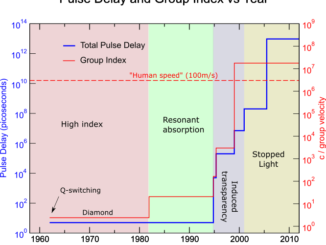
Articles by Katja Grace

Continuity of progress

Continuity of progress

Continuity of progress

Continuity of progress

Continuity of progress

Continuity of progress

Continuity of progress

Continuity of progress

Continuity of progress

Continuity of progress